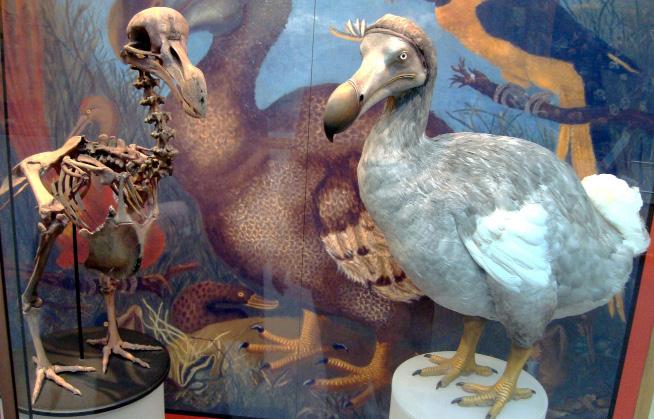
3 minute read
DEAD AS A DODO... FOR NOW
BY SOPHIA D'SA
Can one company bring back dodos from extinction?
Advertisement
On Tuesday, January 31, 2023, biotechnology and genetic engineering company Colossal Biosciences announced that it will begin efforts to “de-extinct” the dodo. Though the flightless birds went extinct in the late 1600s, the company hopes to genetically engineer their closest living relative, the Nicobar pigeon, into “a functional proxy” of the dodo, then restore it to its native island of Mauritius. The project announcement sparked excitement among some, while others questioned its viability, ethicality and whether it is an appropriate use of resources.
In terms of viability, an article by the MIT Technology Review noted that Colossal is still developing the necessary genetic editing technology, and it is “hard to predict” the number of genetic changes required to change a Nicobar pigeon into a dodo. Their method is also being called into question — according to the Smithsonian Magazine, the company’s plan is to edit germ cells from a pigeon egg and then implant them back into the egg to grow, a process that has only ever been successfully done with chicken eggs. However, the team has already sequenced the dodo genome from museum remains, so the current focus is on the editing technology.
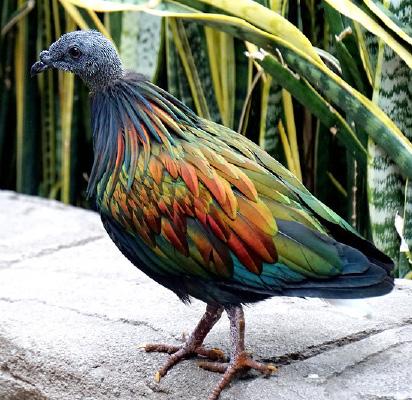
If a dodo or similar bird is created, a new issue arises: how it will behave. As paleogenomics researcher Mikkel Sindig put it, there is simply no way to “teach the dodo how to be a dodo.” Science teacher Jaime Vazquez says that despite this, the new dodo could still develop its own new social behaviors.
“When you think about behaviors, and behavioral neuroscience, there is a strong component that is social and cultural,” Vazquez said. “With that said, there's also a genetic component, so there will already be some kind of foundational elements there that the species will use as a canvas for their life.” If those first few birds survive, they will become the template for future generations, a framework upon which natural selection can act without the new species going extinct.
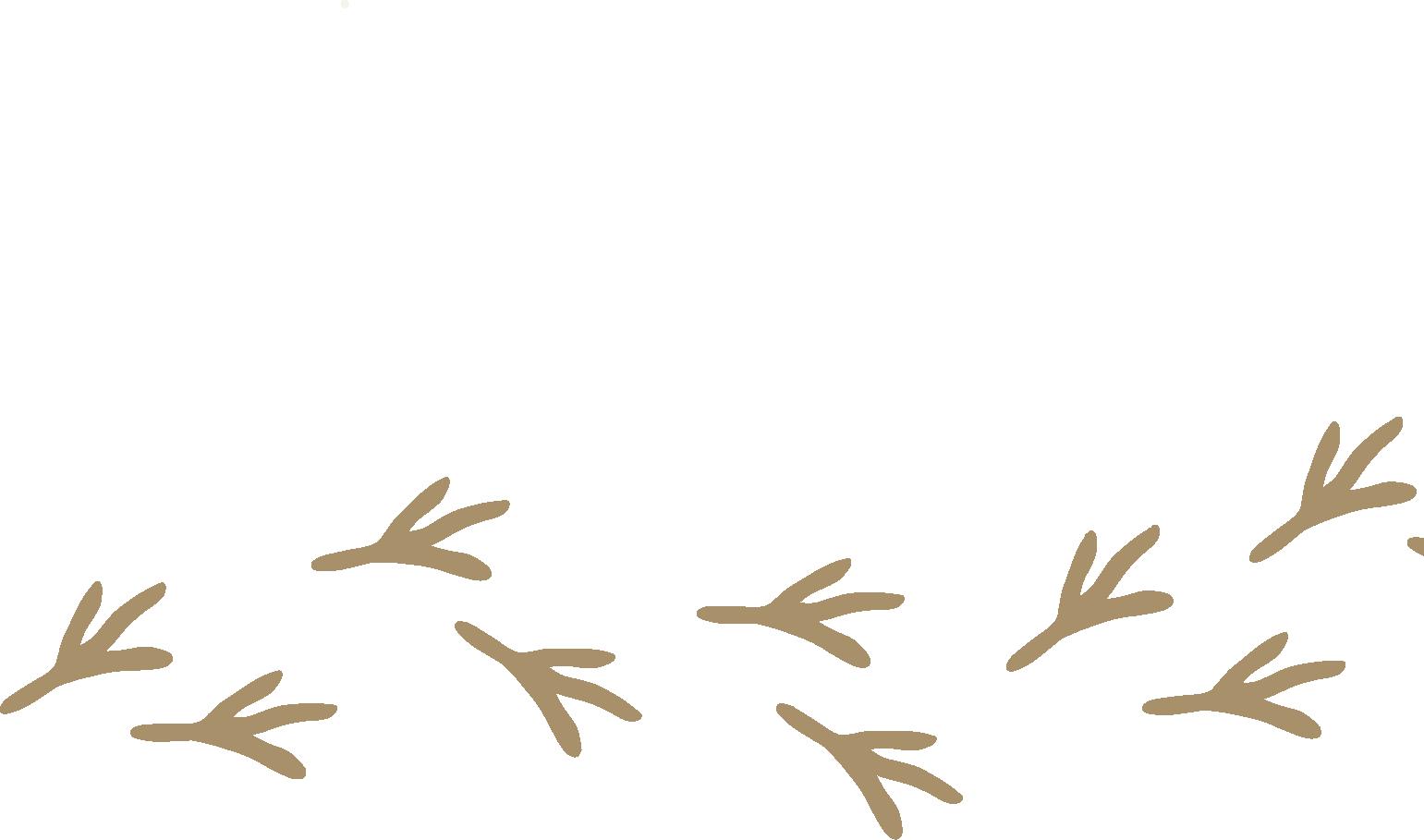
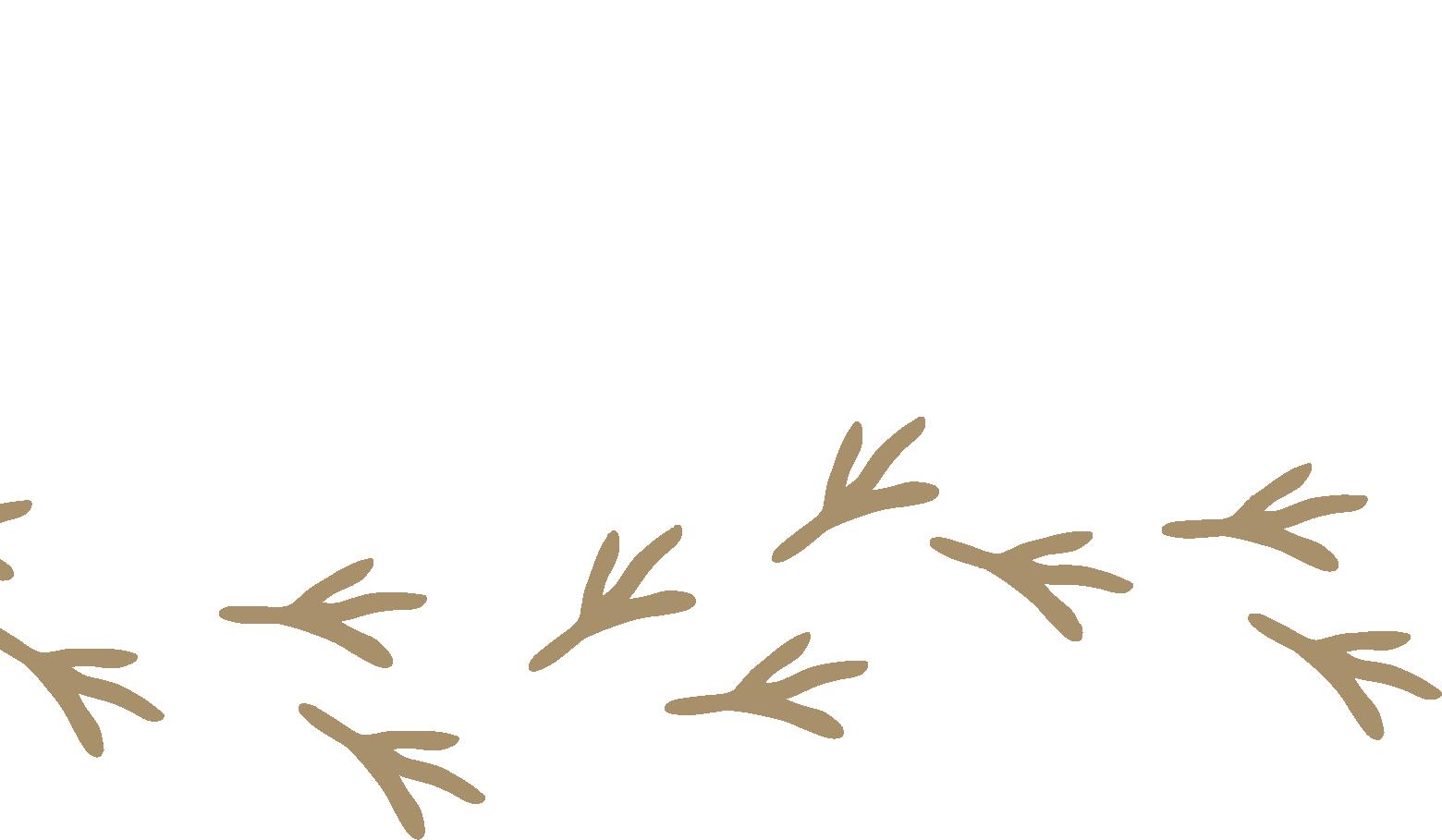
Supporting such a new endeavor requires quite a lot of money — in fact, Colossal has raised a total of $225 million in funding so far. To sophomore Kaia Yuan, that money could be better spent elsewhere.
“I think if something is dead, we shouldn't try and resurrect it,” Yuan said. “Let's just try to prevent other animals from going extinct too. Funnel the money towards things that are actually, in my opinion, important.”
In a CNN interview, Shapiro said that the technologies Colossal will develop over the course of this project can be repurposed to edit the genomes of other birds, hopefully engineering resilience to disease and even climate change. Lerner partially agrees with this, stating that while there is demand for genetic editing technology, Colossal’s claims may not be practical.
“I don't think there is anything wrong with continuing to understand science and genetics, so that maybe we can use some of those technologies to help biodiversity or humanity in some way or another,” Lerner said. “There's going to be a lot of ways in which that's going to be important in the future. The ability for us to create crops that could survive in a drier environment [will be] really critical to our survival. [But] I wasn't convinced by some of the things they were talking about, like modifying existing animals.”
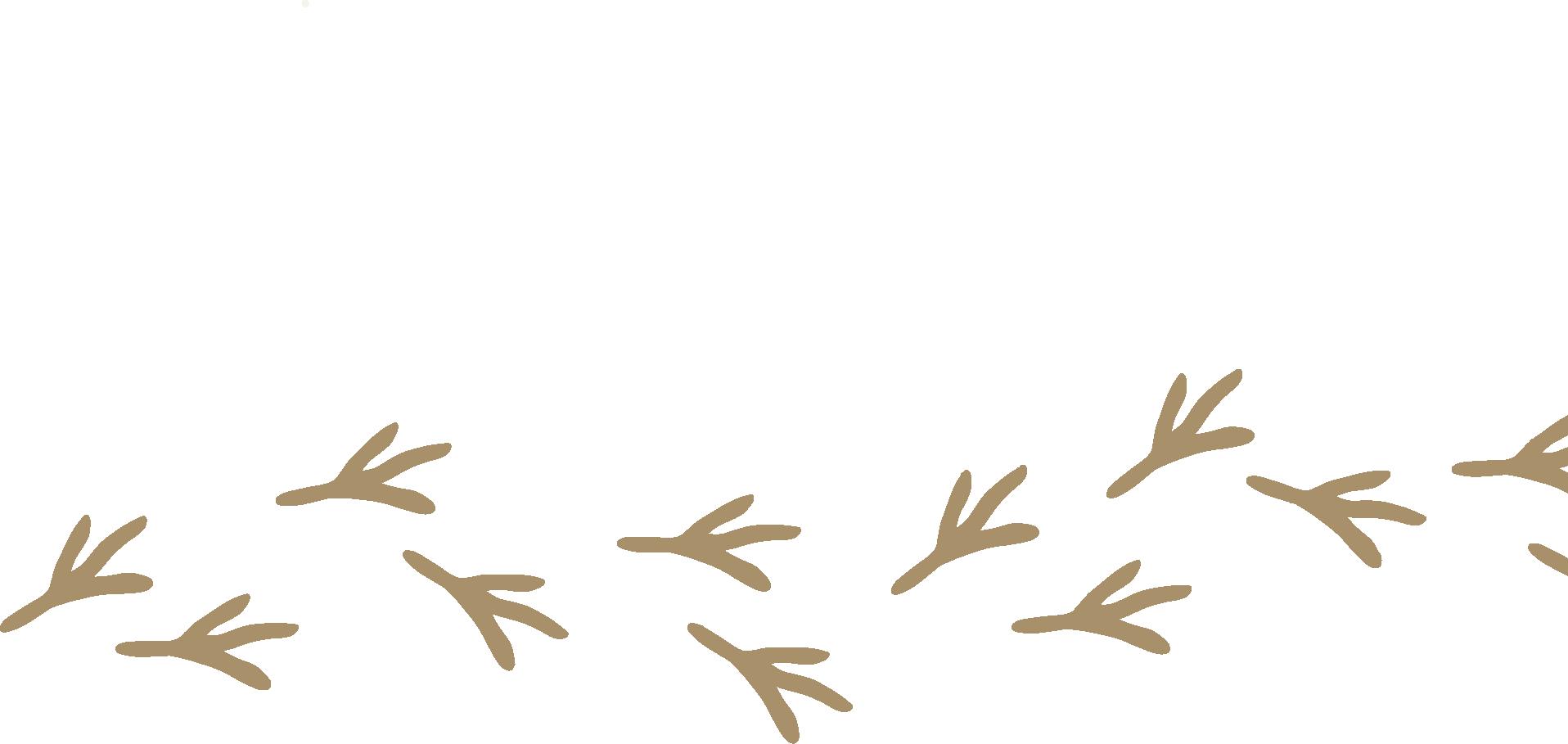
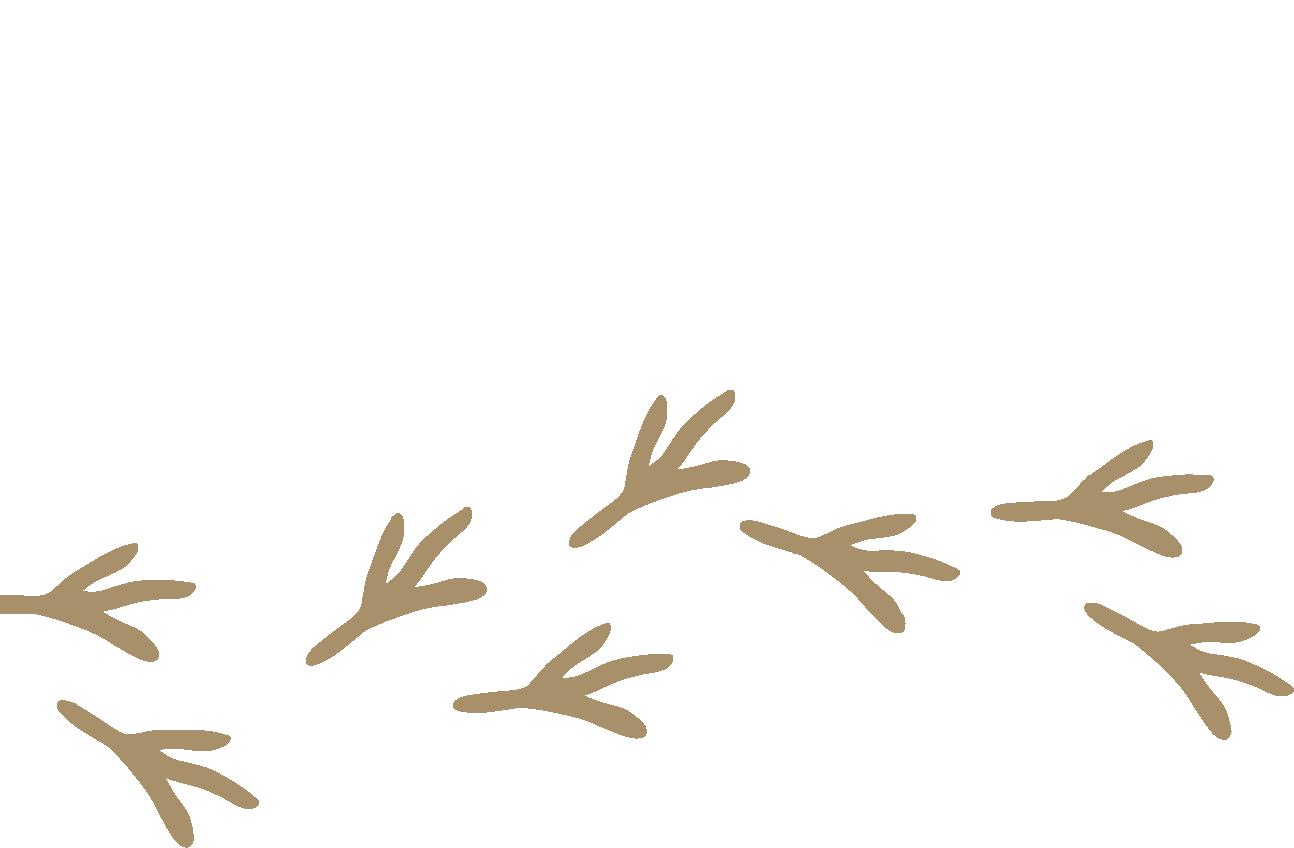
Assuming that the project is ultimately completed, its ethics are still a point of controversy. According to Lerner, this is a prime example of humans meddling with the environment, perhaps even worse than killing off the species in the first place.
“I’m not even sure I find the whole thing to be ethical,” Lerner said. “It’s a living organism, and I think we should have some respect for that. What kind of life is it going to have?”
A potential solution, according to Vazquez, is to ensure proper regulations and follow-ups on the project. To him, this means making sure that the right people have power over the project and that the dodos are surveilled appropriately to keep them safe.
“The science is only part of the actual effort,” Vazquez said. “If you’re trying to do any form of restoration of any kind, you have to pair science with policy.”
While bringing back the dodo will certainly be challenging for Colossal, both technologically and ethically, the project could have some benefits for general conservation efforts. Lerner stated that the novelty of the project may result in greater attention and support from the public.
“Sometimes science progresses because people think something’s cool,” Lerner said. “A positive thing that could come out of [bringing back the dodo] is if it gets people excited and maybe gets resources put in a direction that could help.”

Nevertheless, she cautions that conservation “isn’t really about an individual or species.” Conserving entire ecosystems is more difficult but also more effective than targeting individual species like Colossal is trying to, whether or not they repurpose their technologies.
Evidently, the potential benefits of Colossal Biosciences’ project to de-extinct the dodo are currently overshadowed by the challenges in development as well as other types of conservation that may warrant more attention. Genetically engineered dodos will most likely not be the key to restoring and conserving ecosystems, and yet not all hope is lost.
“It is important to remember that a future still exists if we’re willing to fight for it,” Vazquez said. “It’s important to maintain hope and optimism, because we need something to just keep going.”
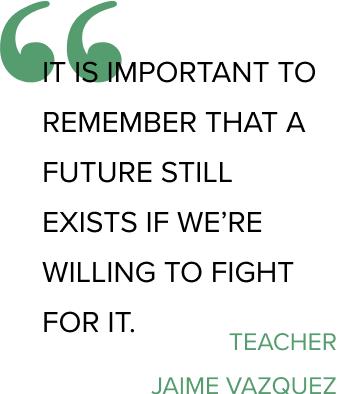
ILLUSTRATION | SOPHIA YAN









